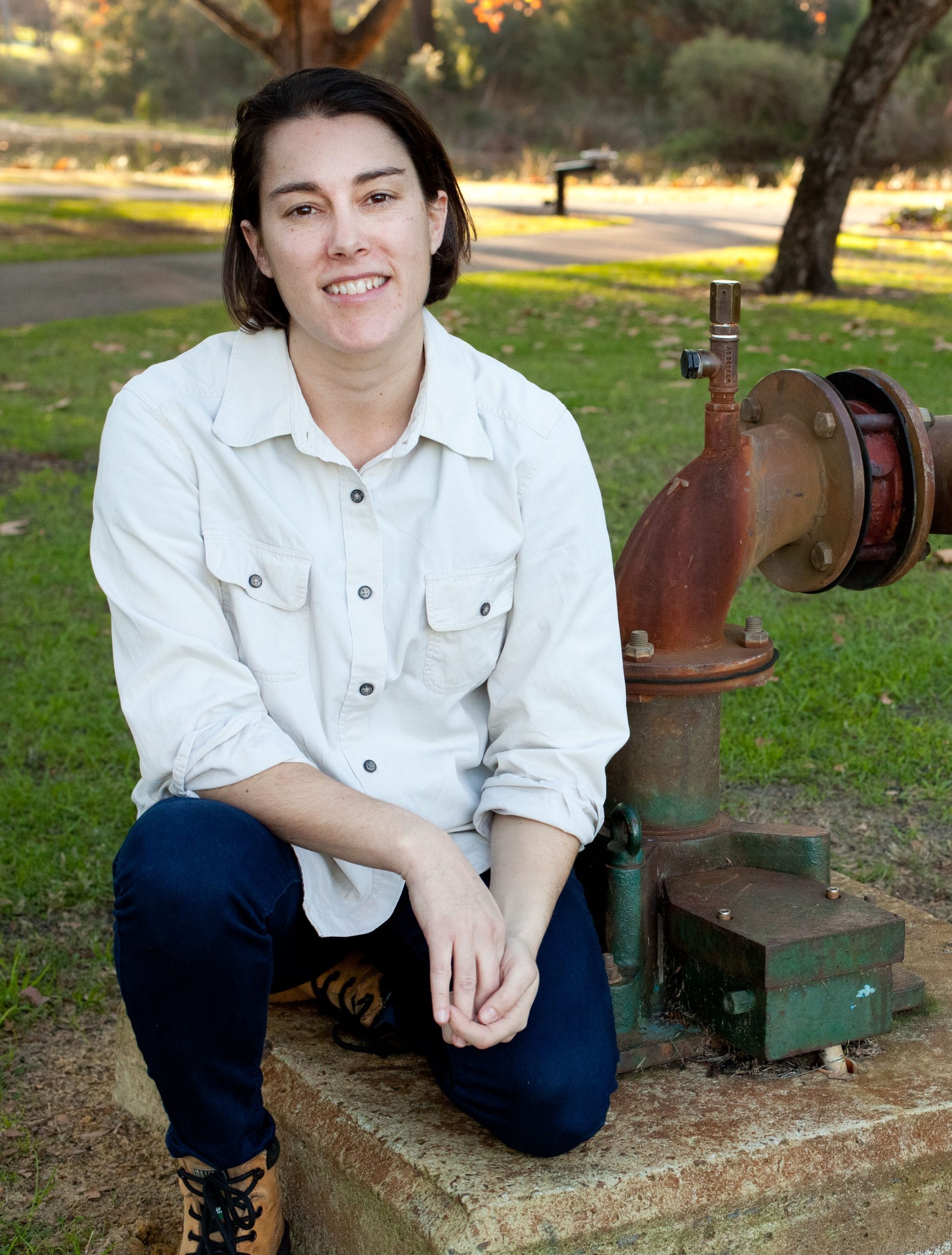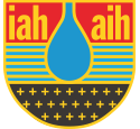
Biography
Dr Sarah Bourke is a Hydrogeologist with expertise in environmental tracers, surface water – groundwater interaction and contaminant hydrogeology. Sarah is a Lecturer and Course Coordinator of the Master of Hydrogeology in the School of Earth Sciences at the University of Western Australia. She has extensive links to government and industry and a demonstrated capacity to deliver high-quality, practical outcomes through collaborative research projects.
Sarah completed her Bachelor of Earth Science at Flinders University, with studies in Japan and the USA. She completed an Honours year at the University of Western Australia before working as a Hydrogeologist for the state government for five years. Her PhD, through Flinders University, was a collaborative research project with Rio Tinto Iron Ore applying environmental tracers to understand surface water – groundwater interaction in areas modified by mining. Her presentation on this work was awarded best presentation by an early career Hydrogeologist at the IAH congress in 2013.
Following her PhD Sarah worked as a post-doctoral fellow at the University of Saskatchewan in Saskatoon, Canada, studying potential impacts on groundwater from mining and agricultural operations overlying clay-rich sediments.
She returned to the University of Western Australia in Perth, where she works as a passionate advocate for Hydrogeology practice, research and training. Current research projects understanding responses of groundwater systems to changes in climate and human groundwater use. She also has an interest in decolonizing the practice of hydrogeology and working with Aboriginal communities on issues that affect them (declaration.iah.org.au).
Sarah has been engaged with IAH for almost 20 years and is the past Chair of the Western Australian chapter and Regional Vice-President for Australasia and the Pacific. When not thinking about groundwater, Sarah sings in choirs and potters in the garden.
Personal statement
At a local level, I am currently the Vice Chair of the Western Australian Branch of the IAH. Participation in IAH at this grass-roots level has allowed me to build an understanding of the value of the organization to practicing hydrogeologists across a range of stakeholder groups and career levels. I have also been the IAH Vice President for Australasia Pacific for the past 4 years. This role has allowed me to expand my understanding of the organization and better appreciate the international scope and context for the work of IAH. I have also recently agreed to lead the IAH efforts in Education and Outreach, providing strategic direction and support to the broader organization.
I continue to believe that the IAH community must expand through awareness and inclusion of people from diverse backgrounds, including gender, racial and socio-economic diversity. As VP, and in consultation with National chapters, I would continue the focus on diversity of membership, and diversity of voices. It’s not enough to simply have diverse members, they also need to be visible and heard. The rapid uptake of online tools for meeting and communicating during the COVID crisis points to one way that we can be more inclusive. I am also focussed on improving the inclusion of Indigenous and First Nations perspectives through increased visibility and relationship building to facilitate effective partnerships.
As climate change impacts become increasingly obvious and the world’s population expands past 8 billion people, IAH and its members have a vital role to play, ensuring that groundwater resources take their rightful place among competing priorities. I am honoured to continue to play a leadership role within IAH over the coming four years as VP for the Australasia and the Pacific.



